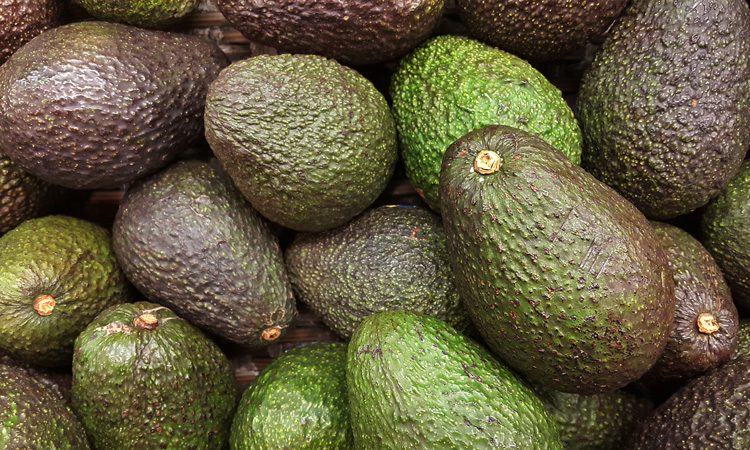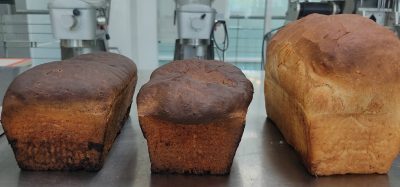Study finds avocados may help reduce obesity and prevent diabetes
Posted: 7 November 2019 | Sam Mehmet (New Food) | No comments yet
Researchers at the University of Guelph have shown how a compound found exclusively in avocados can inhibit cellular processes that normally lead to diabetes.


Researchers at the University of Guelph, Canada, led by Professor Paul Spagnuolo, have shown how a compound found in avocados can inhibit cellular processes that normally lead to diabetes. In human safety testing, the team also discovered that the substance was absorbed into the blood with no effects in the kidney, liver or muscles.
About one in four Canadians is considered obese, a common cause of Type 2 diabetes. Insulin resistance in diabetic patients means their bodies are unable to properly remove glucose from the blood. Those complications can arise when mitochondria are unable to burn fatty acids.
Fatty acid oxidation normally allows the body to burn fats but obesity or diabetes can hinder that process, leading to incomplete oxidation.
The researchers discovered that avocatin B (AvoB), a fat molecule found exclusively in avocados, counters incomplete oxidation in skeletal muscle and the pancreas to reduce insulin resistance.
In the study, the team induced obesity and insulin resistance in mice by feeding high-fat diets for eight weeks. For the five weeks that followed they added AvoB to the high-fat diets of half of the mice.
The treated mice weighed significantly less than those in the control group, showing slower weight gain. Spagnuolo said that the treated mice showed greater insulin sensitivity, meaning that their bodies were able to absorb and burn blood glucose and improve their response to insulin.
In a human clinical study, AvoB was given as a dietary supplement to participants eating a typical western diet and was absorbed into their blood without any adverse effects. The team also saw weight loss in the human subjects.
Having demonstrated safety in human testing, the team plan to conduct clinical trials to test AvoB’s efficacy in treating metabolic ailments in people.
Spagnuolo said that the safety trial helped the team to determine just how much AvoB to include in the supplement formulation.
Spagnuolo explained that eating avocados alone would likely be ineffective, as the amount of natural avocatin B varies widely in the fruit and we still do not fully understand exactly how it is digested and absorbed when we consume a whole avocado.
PhD student Nawaz Ahmed, lead author of the paper, said, “We advocate healthy eating and exercise as solutions to the problem, but that is difficult for some people. We have known this for decades, and obesity and diabetes are still a significant health problem.”
The study was published in the journal Molecular Nutrition and Food Research.
Related topics
Health & Nutrition, Obesity, Research & development, The consumer









